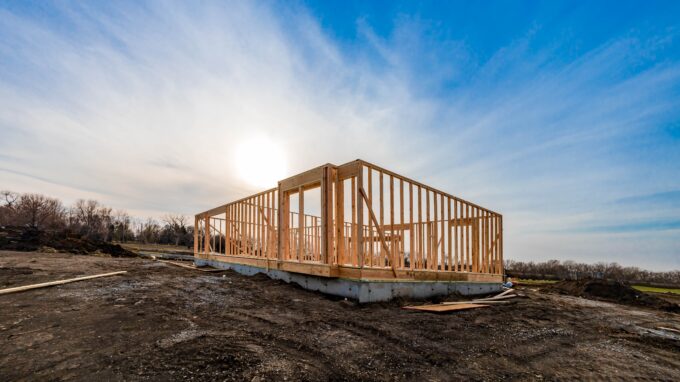Residential builders in New South Wales risk significant fines if they do not comply with their newly-created obligations in relation to the Building and Construction Industry Security of Payment Act 1999 (NSW).
What are the changes?
Effective on and from 1 March 2021, the Building and Construction Industry Security of Payment Act 1999 (NSW) (Act) applies to contracts for building work carried out on residential properties where the person who engages the builder resides (or proposes to reside) in the property. These are commonly referred to as “owner occupier construction contracts”.
What do the changes mean?
The application of the Act to home owners means residential builders may now take advantage of the significant force of the Act to recover claims for payment from homeowners.
By way of example, if a builder serves a valid Payment Claim and the homeowner does not respond by providing a valid Payment Schedule within the time allowed under the Act: –
- The builder may recover the amount of the Payment Claim as a statutory debt;
- If the builder commences proceedings to recover the amount of the Payment Claim as a statutory debt, the homeowner cannot bring any Cross-Claim or raise any Defence in relation to matters arising under the contract – even if there is a genuine dispute regarding the work done by the builder; and,
- The builder may suspend the building works (so long as the builder provides adequate notice of the suspension in accordance with the Act).
For more information on the application of the Act, please see our Security of Payments Guide (below).
What risk of fines exists?
There are three obvious risks of fines for builders not complying with their obligations with respect to the Act.
- Firstly, Clause 8 of the Home Building Regulation 2014 (NSW) now requires a copy of the NSW Government’s Security of Payment Guide to be provided with all construction projects with a value over $20,000.00. Any builder who fails to provide a copy of the Guide to a homeowner when required is liable to a fine of $8,800 in the case of a corporation and a $4,400 fine in any other case.
- Secondly, any Payment Claim made must be accompanied by a “supporting statement” in the prescribed form, that includes a declaration to the effect that all subcontractors, if any, have been paid all amounts that have become due and payable in relation to the construction work concerned. A builder who fails to serve a supporting statement with a Payment Claim is liable to a fine of $110,000.00 in the case of a corporation or $22,000.00 in the case of an individual.
- Finally, if a builder serves a Payment Claim upon a homeowner that is accompanied by a supporting statement that is false or misleading, the builder is liable to a fine of $110,000.00 in the case of a corporation or, in the case of an individual $22,000.00 and/or 3 months imprisonment.
Takeaway
While the application of the Building and Construction Industry Security of Payment Act 1999 (NSW) to homeowners presents significant opportunities for builders, those opportunities do not come without risk. All builders should be careful to ensure they are complying with their legal obligations when contracting and serving Payment Claims, to avoid the risk of fines.



























